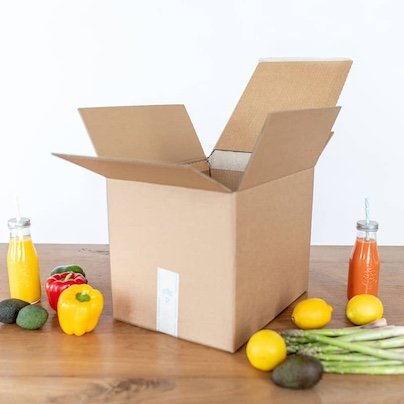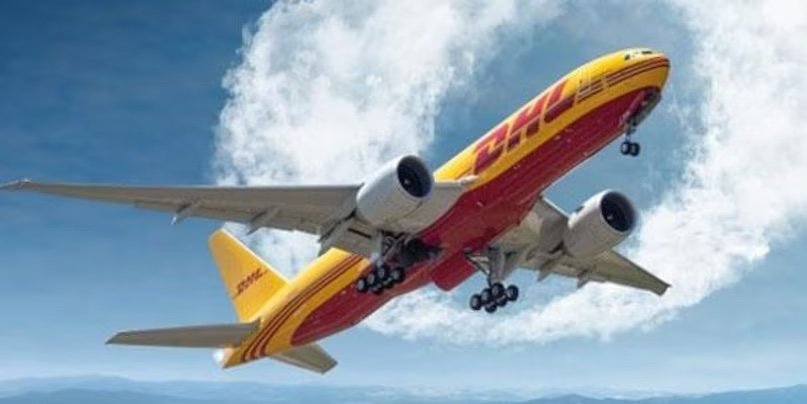Packaging

SUSTAINABLE INSULATED PACKAGING
Ecocool, as a manufacturer of shipping packaging, are naturally aware of our ecological responsibility. As part of their development and production processes, they are always working to optimize and conserve resources.
For example, the electricity consumption of our production is largely covered by self-produced solar power. Of course, the purchased electricity also comes 100% from renewable sources. The focus is also on sustainability in the choice of insulation materials. The INNOBox and INNOBag product lines set the standard here. With a specially embossed recycled paper as insulator, a 100% recycled and furthermore renewable raw material is used.
The SMARTLINER and SMARTCOOLER impress with particularly good insulation values and maximum flexibility with regard to customer-specific formats. The insulator is an insulating fleece consisting of 80% recycled polyester fibers. This means that for every kilo of raw material, 17.5 old PET bottles are put to a new use.
Our range of particularly sustainable solutions is rounded off by our water-based coolpacks. Dispensing with the gelling agent allows end customers to simply dispose of the tap water it contains in the sink and recycle the film.
GermanFoods and Ecocool
GermanFoods has been working with Ecocool for many years and uses their innovative packaging for shipping food. We make sure that we use packaging solutions that are produced sustainably and can be disposed of by our customers without any concerns. Whether it is refrigerated packaging or fillers. All materials are made from sustainable raw materials and have no impact on the environment.
Transport

What is sustainable aviation fuel?
Let’s take a step back for a moment. What exactly is SAF?. SAFs are alternative liquid fuels that can be used in place of traditional jet fuel to power aircraft. Unlike traditional jet fuel, which is derived from petroleum, SAFs are biofuels made from sustainable and renewable resources (feedstock) such as used cooking oil, animal fats, and agricultural waste. In contrast to fossil fuels, which emit carbon that had been previously locked away in the ground, SAFs release the carbon that was absorbed by the feedstock during its lifecycle, making them carbon neutral. SAFs are also sustainable because the raw feedstock doesn’t compete with food crops or water supplies or lead to forest degradation.
SAFs offer several benefits over traditional jet fuel, including a significant reduction in greenhouse gas (GHG) emissions, lower particulate matter emissions, and improved air quality. SAFs can be blended with traditional jet fuel and used in existing aircraft engines without any modifications, making them a so-called ‘drop-in’ replacement for fossil-based fuel.
The aviation industry is a significant contributor to GHG emissions, and SAFs represent a promising solution to reduce the sector's carbon footprint. SAFs can reduce emissions by up to 80% compared to traditional jet fuel, making them a key tool in the fight against climate change. The International Air Transport Association (IATA) estimates that SAF could contribute around 65% of the reduction in emissions needed by aviation to reach net-zero in 2050.
GermanFoods & DHL Express
GermanFoods and DHL Express signed a contract for the use of SAF in November 2023 and we are thus investing annually in the use of sustainable aviation fuel. We are proud that already >20% of GermanFoods' CO2 emissions are avoided for their orders. We will continue to increase this percentage with your help - for our common environment.
 USA
USA  European Union (EU)
European Union (EU)  Europe (NON EU) / UK
Europe (NON EU) / UK  Canada / Rest of World
Canada / Rest of World 
